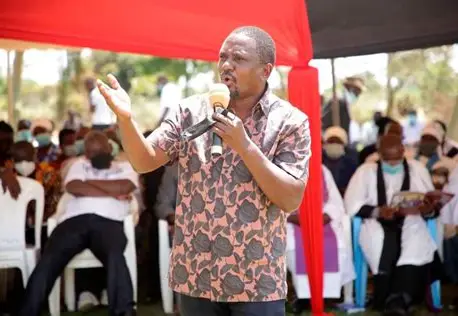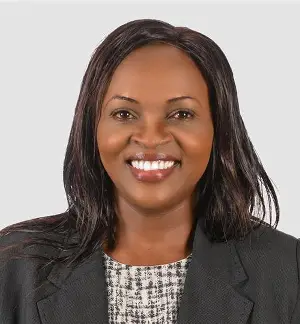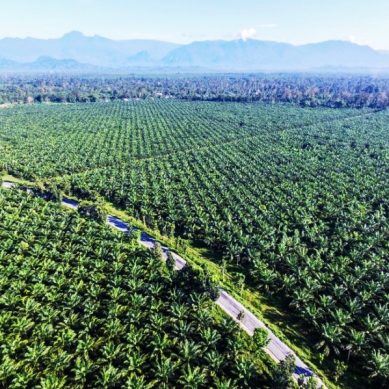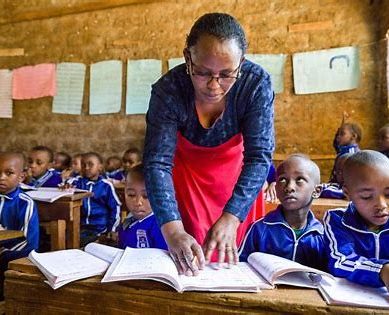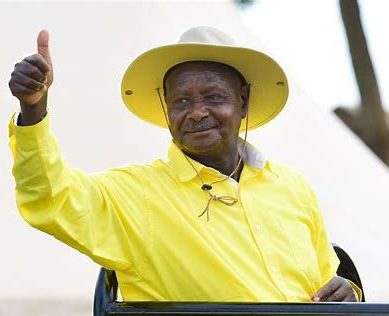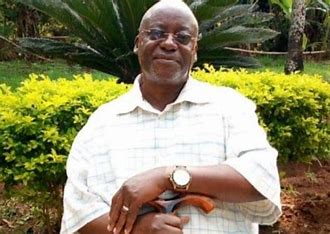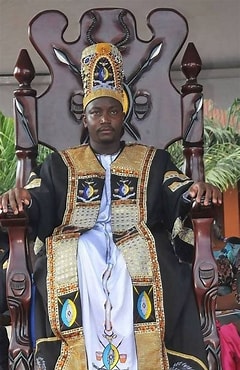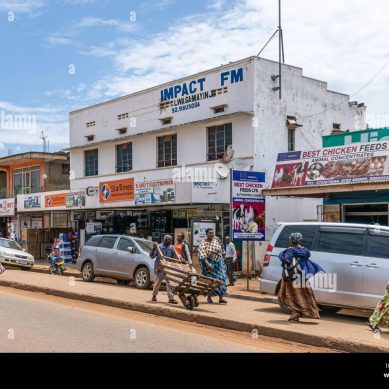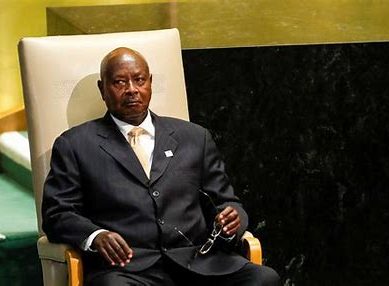Curse of palm oil farming: IFAD, World Bank may have given nod to thieves in Uganda to steal all land in the east, north
In summary the government of Uganda and IFAD, most likely with the backing of World Bank, want to establish oil palm growing over the whole of northern Uganda and most of eastern Uganda. Virtually all Ugandans are unaware of this creeping thief that will take all the land, destroy all the trees, interfere with the water cycle, displace them from their land and turn them into internal refugees and a cheap labour force that can be easily hired and fired. The leaders in the two regions must wake up. They too will be victims of the gigantic land grab.
Crossdisciplinarity: Kenya’s bungling and bumbling minister needs hands-on-the-deck to drive new education curriculum
The prevailing confusion is so much so that even Education Cabinet Secretary, Prof Ezekiel Machogu, does not seem to understand the aims and objectives of the new education curriculum and how it should be midwifed to producing an all-round professionals capable of fitting in any work environment. CBC lays emphasis on versatility.
While in other countries environment is the centre-bolt of the economy and governance, it’s peripheral in Uganda
We know that it is the craze for industrialisation, simultaneously with the resurgence and proliferation of the nomadic-pastoral human energy system, that jointly pose the greatest danger to our diverse ecologies and agroecological systems of Uganda. In effect diverse ecologies and agroecological systems of Uganda constitute its environmental governance. If we enhance environmental governance, we automatically enhance the staying power of the diverse ecologies and agroecological systems of Uganda.
How Uganda Planning Authority plans ecosystems death with unbridled greed, ‘un-civilisation’
One may ask: if there is a planning authority doing planning, why has it chosen conspiracy of silence when nomadic pastoralists are on rampage almost unconstrained by the state to which the Uganda Planning Authority is integral?
Life and death: Neither incidental nor coincidental, but cyclically interconnected
Do good when you can and avoid being and doing evil. Know our collective destiny, whether rich or poor, powerful or powerless, strong or week, literate or illiterate, educated or educated is to enter the death component.
In Museveni’s Uganda democracy buckled, now Busoga Kingdom is pushing for some autonomy
There aren’t many Basoga and Ugandans that can overstretch their imagination 100 years ahead to imagine what kind of World, Busoga or Uganda will be in the next century. So few are even aware to what extent the World Wide Web has changed knowledge and the way we generate and treat knowledge to make people have higher cognitive powers, engage in critical thinking, engage in critical analysis, become professionals of the future and engage in genuine teamwork for change.
Uganda can no longer afford disorder to reign in public transport, Iganga Municipality should lead redemption
When I asked Chairman Nalugoda what plans he had to improve the utility of the park and make it just a bus park, he told me, “My management team is almost helpless. Higher authorities must develop a proper plan for the park. The municipality is expanding and will need a properly constructed park. If they want they could move the park elsewhere and leave their current space for businesses.
Why Museveni should be wary of ‘floating’ population: Grabbing frenzy has created landless, unrepentant and angry Ugandans
If the poor realise what you are doing to them – depriving them of livelihood by grabbing their land by first making them so impoverished that they are hapless and hopeless – you have no peace and belonging in the long-term, however much you want to belong.
Regional and knowledge integration: Why integration of science is key to functional political, economic institutions
No integration scheme, such as East African Community or Nile Basin Initiative will succeed until we embrace, institutionalise and implement the new sciences as the cornerstones of education in the 21st century and beyond.
Zimbabwe syndrome: How Africa’s centres of learning became knowledge pockets that churn out hopeless academics
Unfortunately, in Africa in general and Uganda in particular, overpoliticisation of education and society in the 21st century is the rule rather than the exception. This is combining with the academic interests of control and influence of the slow professors in our greatly disciplined universities to resist the new and different knowledge production cultures/systems of interdisciplinary science, crossdisciplinary science, transdisciplinary science and extradisciplinary science, which are internet age loving.
